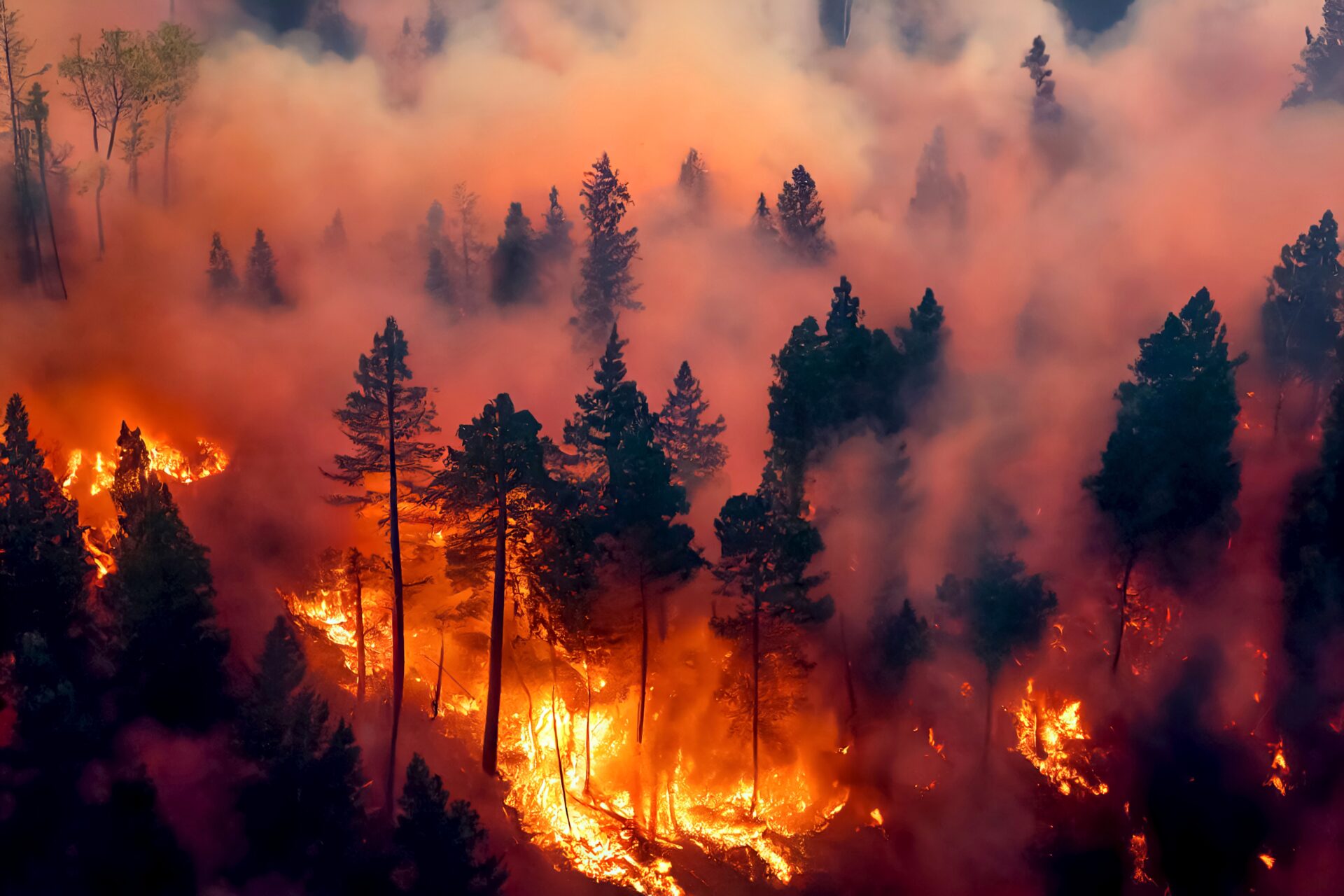Data Science at LIDA - Societal & Environmental Challenges

- Date
- Wednesday 14 February 2024, 10 - 11am
- Location
- Room 11.87, Leeds Institute for Data Analytics (LIDA), Worsley Building, Floor 11, Leeds, LS2 3AA
The 2nd instalment of our data science mini-series showcasing current research projects here at the Leeds Institute for Data Analytics (LIDA). This weeks features 10 minute lightning talks from three data scientists about their research into Societal & Environmental Challenges.
TALK 1 - Does increased food insecurity lead to greater health inequalities?
Ahmad Ammash
Summary - The JRF "UK Poverty 2023" report asserted that 40% of low-income families cut their food budget. The NHS Confederation forecast that treating obesity and malnutrition will cost £10 billion and £20 billion annually by 2050, respectively. The CDRC has partnered with Good Food Oxfordshire (GFO) and OHID to investigate the association between food insecurity risk, measured through the CDRC's Priority Places for Food Index, and health inequalities in England. This project uses spatial analysis to develop a dashboard that layers PPFI data over health outcomes data (mental and child health and others), thus enabling policymakers to identify areas where interventions to tackle food insecurity can reduce health inequalities.
Biography - In 2021, self-learning unlocked my passion for data science after working four years as a chemical engineer. The first big step of my career change was earning a PG degree in Business Analytics from the University of Leeds, while the second was starting the DSDP, which has been highly valuable to my career progression.
TALK 2 - Identifying high-risk job advertisements on social media to help mitigate labour exploitation (CANCELLED)
Preeti Sharma
Summary - Deceptive recruitment practices can lead to situations where workers experience working conditions, compensation and overall treatment that are wholly different to those advertised. This treatment of workers can be illegal and in violation of their human rights. In this project we develop tools to help identify and mitigate the risks of labour exploitation. Using machine learning methods, we classify the risk of specific job adverts leading to labour exploitation. The difficulty is identifying characteristic and linguistic differences between fake adverts and adverts leading to exploitation. In this talk I will discuss our approach towards the problem and present preliminary results.
Biography - Preeti Sharma is a Data Scientist at Leeds Institute for Data Analytics (LIDA). She trained as a physicist and has previously worked in education and as an analyst in the civil service.
TALK 3 - Realtime Wildfire Risk Mapping
Abdelrahman Ibrahim
Summary - This project aims to create a web-based wildfire risk mapping tool, utilizing fine-resolution data to generate spatially distributed measures of relative wildfire risk. With wildfires increasing in frequency and complexity, the tool integrates various factors into GIS-mapped layers, allowing users to explore risk under different weights. The project, led by West Yorkshire Fire and Rescue Service (WYFRS), establishes workflows for dynamic data integration, provides a spatial back-end for process-based models, and fosters collaboration with key stakeholders. The short demonstration project engages WYFR, Natural England, the Moorland Association, and academic experts to enhance wildfire risk assessment and management.
Biography - Abdelrahman ("Hegazy") Ibrahim has a BSc in Architecture and Urban Planning and an MSc in Urban Data Science and Analytics. He has experience in working in research interests in spatial analytics and the use of data to develop multidisciplinary innovative methods to answer spatial problems. He has experience of using analytics and data to generate evidence-based recommendations for planning and the use of data and spatial data science skills to solve real world challenges.
